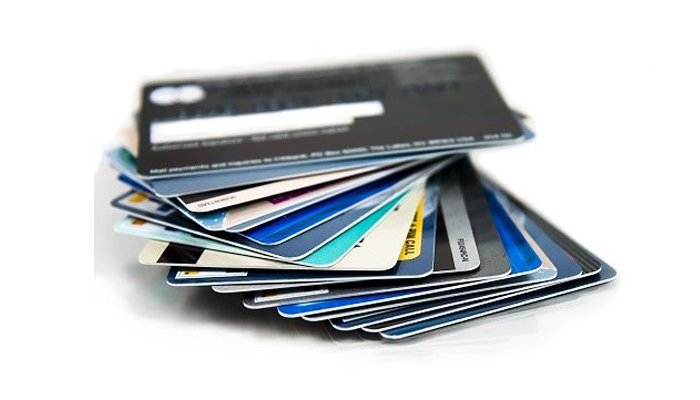Although prepaid credit cards are still relatively new, they’re by no means a recent innovation. With the privacy they offer (and the fact anyone can get one), the prepaid card industry is growing fast. So, for those of you who don’t know much about them, we’re going back to school for a crash course in Prepaid 101.
What Are Prepaid Credit Cards?
First and foremost, prepaid credit cards are not actually credit cards at all since there is no line of credit issued to the cardholder. Once a cardholder purchases a prepaid card, he or she can deposit money onto the card as long as it doesn’t exceed the predetermined limit. Although there’s no accrued interest associated with prepaid credit cards, cardholders will often encounter fees–such as activation fees, purchasing fees, or monthly fees.
Prepaid cards also differ from debit cards because they are not associated with a checking account. Also, anyone can deposit money onto the prepaid card, like the cardholder, a parent, or an employee. Since there is no line of credit, parents can buy prepaid cards for minors who are older than 13 years old.
Can I Accept Prepaid as Payment Online?
As an e-commerce merchant, as long as you have a credit card processing solution for Visa, MasterCard, American Express, etc., you can accept prepaid as payment. Although prepaid cards are not credit cards, they still work just like one. Based on how much money the cardholder has deposited on the card and the cost of the transaction, the transaction will be approved or declined accordingly.
Where Can You Get Prepaid Credit Cards?
Several credit card schemes offer their own line of prepaid cards–Visa, MasterCard, American Express, and Discover just to name a few. Like with traditional credit cards, consumers can get prepaid cards online at the credit card company’s website. For those in more of a hurry, you can purchase prepaid cards in stores such as Walmart, Walgreens, CVS, and Rite Aid.
What Are the Different Types of Prepaid Cards?
There are four basic types:
- Open-loop
- Closed-loop
- Reloadable
- Non-reloadable
Open-loop cards allow consumers to use their card anywhere that accepts payment from the associated credit card scheme (cardholders will see the brand logo on the card). Closed-loop cards typically do not have a credit card company logo and limit the stores where cardholders can make purchases. Reloadable cards allow users to deposit additional money onto the card, while non-reloadable cards do not.
Is There Protection for Prepaid?
Since the prepaid card industry is growing faster than anticipated, there are currently no set regulations for the market. A new agency, the Consumer Financial Protection Bureau (CFPB), is making great strides on how to protect and ensure prepaid funds. The CFPB is researching what imperative information cardholders should know up front so they can make educated decisions when opening prepaid accounts. Rules and regulations will include set terms and fees and how to protect funds deposited to prepaid cards.
For more information on prepaid cards, visit ConsumerFinance.gov.


